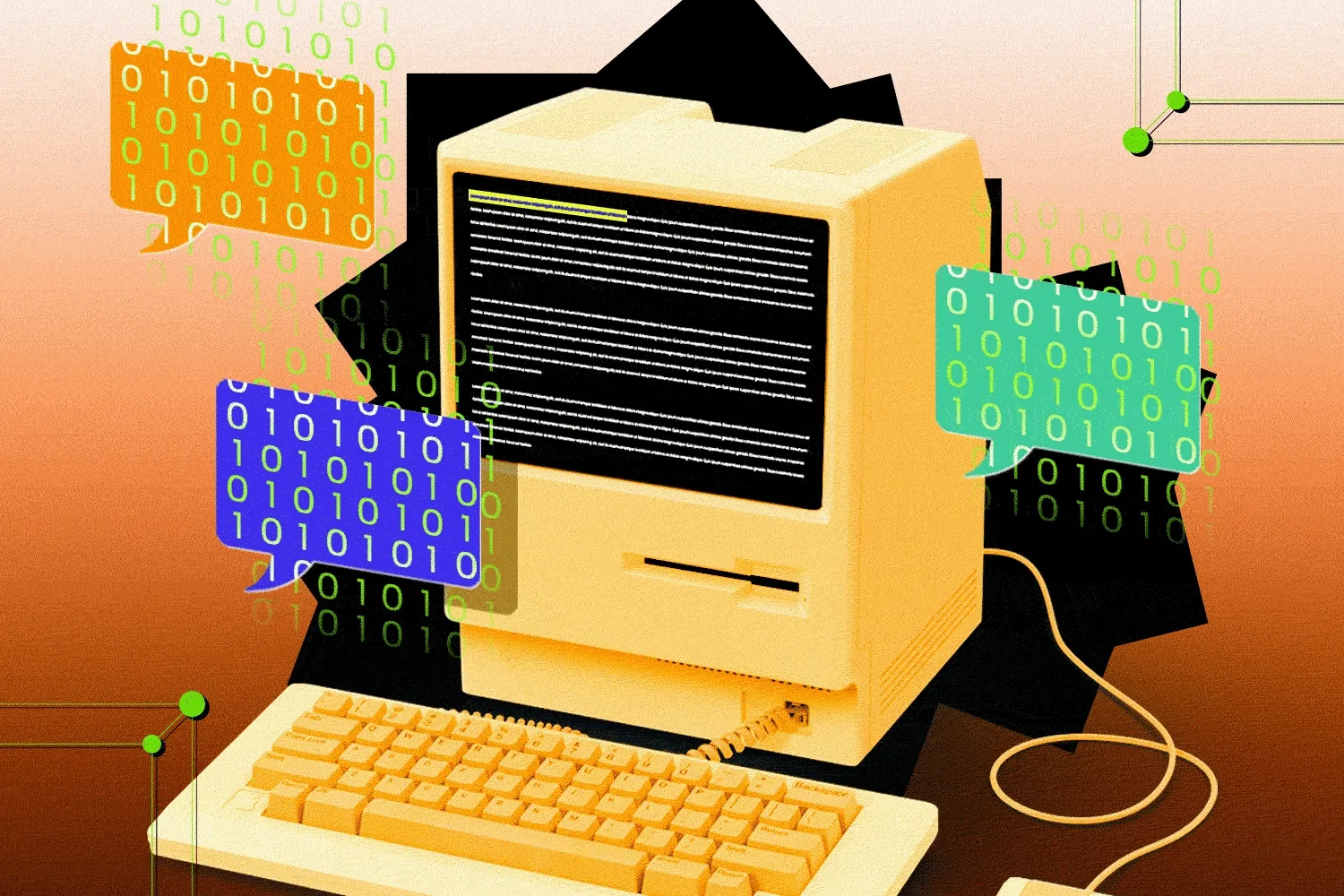Generative AI is coming for HR: Watch out for these impact areas in the near term
AI’s impact might almost feel ‘miraculous’ in some areas of HR, Josh Bersin says.

Francis Scialabba
• 3 min read
Generative AI is coming for HR technology with the seeming inevitability of Jason Momoa coming for Henry Cavill on the red carpet. Though ChatGPT isn’t yet entrenched in the HR tech stack, teams have already consulted the tool for writing performance reviews, while some job applicants are using it as a kind of “calculator” for crafting résumés and cover letters. (ChatGPT was developed by Microsoft-backed OpenAI, and the initials stand for “generative pre-trained transformer.”)
HR pros will feel the most immediate impact of generative AI in recruiting, career development, and employee self-service, said Josh Bersin, HR tech analyst and founder and CEO of human capital advisory firm the Josh Bersin Company.
Recruiting. Generative AI combs through enormous amounts of data scattered across the web. With publicly available information about people’s job histories littering platforms such as LinkedIn, certain tools have ample fodder to find top recruits.
“If you’re a nurse, there’s a registry of all your nursing certifications, [likewise] if you’re a software engineer and you’ve uploaded your code to GitHub,” he explained. “There’s a lot of public information about people that’s not connected. But the AI can connect it and make sense of it.”
Among the tools to monitor are Beamery, SeekOut, and Eightfold AI, all of which have recently announced GPT interfaces. All three companies are developing tools that give “recruiters, HR managers, or hiring managers better information to recruit and match people more quickly,” Bersin said.
L&D and career mobility. If understanding your professional trajectory ever felt daunting, AI is there to light the path, Bersin said.
Quick-to-read HR news & insights
From recruiting and retention to company culture and the latest in HR tech, HR Brew delivers up-to-date industry news and tips to help HR pros stay nimble in today’s fast-changing business environment.
Tools such as TalentGuard’s WorkforceGPT, which uses ChatGPT’s API to keep organizations aware of the latest and greatest skills, are emerging to help employees constantly evolve their abilities.
This will be a boon for internal mobility, Bersin argued, because “you can intelligently match internal candidates to jobs” based on specific skill sets. Beamery and EightfoldAI have applications in this area too, while Docebo is also working on an AI skills product, Bersin explained. The software “can look at millions of people’s job histories and say ‘based on the most high performing people in the database, you’re here, [so] you should probably take this job.’”
Self-service tech. Or, alternatively, smart assistants are already handling routine employee interfacing—such as explaining how much PTO someone has left— that has long been the responsibility of HR pros. With certain tools growing in popularity, they have the potential to free HR teams to focus on longer term, strategic decisions at their companies, sources explained to HR Brew last month.
Using a technology like Paradox or Talkpush to handle these tasks can also save organizations money, Bersin claimed. “Companies spend millions of dollars on internal websites and portals…if you take all that information that’s sitting around on these portals and you point ChatGPT at it, all of a sudden you have the employee self-service system, there [for employees] to ask questions.”
Quick-to-read HR news & insights
From recruiting and retention to company culture and the latest in HR tech, HR Brew delivers up-to-date industry news and tips to help HR pros stay nimble in today’s fast-changing business environment.